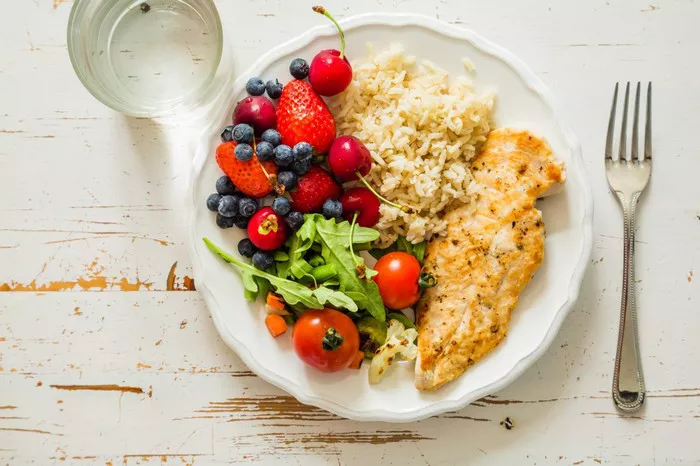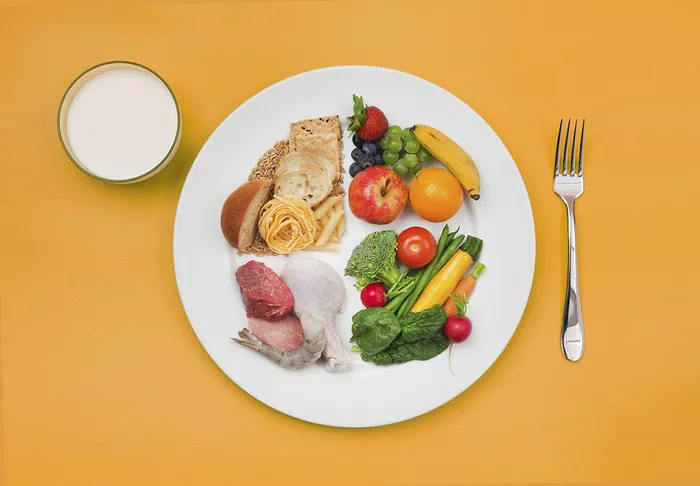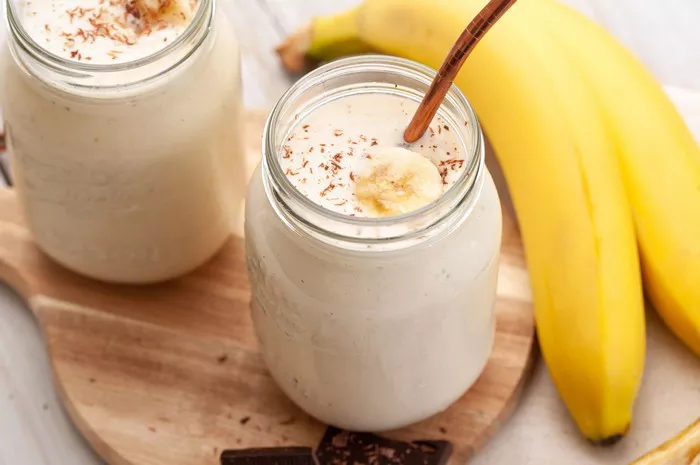Pregnancy is a transformative and miraculous journey that requires careful attention to nutritional intake. As you nourish your growing baby, incorporating a variety of fruits into your diet becomes crucial to ensure you’re providing essential vitamins, minerals, and antioxidants. Fruits not only contribute to your overall health but also support your baby’s development. Let’s explore the spectrum of fruits that can enhance your pregnancy diet, offering both flavor and vital nutrients.
1. Berries: Nature’s Antioxidant Powerhouses
Berries such as strawberries, blueberries, raspberries, and blackberries are bursting with antioxidants, which help combat oxidative stress and promote cellular health. Rich in vitamin C, these vibrant fruits enhance immune function and aid in the absorption of iron from other foods, supporting your body’s increased demand during pregnancy.
2. Citrus Fruits: A Vitamin C Boost
Oranges, grapefruits, lemons, and limes are renowned for their high vitamin C content. Vitamin C is crucial for collagen formation, a protein that supports the development of your baby’s skin, bones, and blood vessels. Additionally, citrus fruits provide a dose of folate, a B-vitamin essential for fetal neural tube development.
3. Bananas: Natural Energy Source
Bananas are a convenient and nutrient-rich choice for pregnant women. Packed with potassium, bananas help regulate fluid balance and blood pressure. They’re also a great source of vitamin B6, which aids in red blood cell production and supports brain development in your growing baby.
4. Avocado: Creamy Goodness and Healthy Fats
Avocado, often referred to as nature’s butter, is a versatile and nutrient-dense fruit. Its creamy texture and healthy fats contribute to your baby’s brain and tissue development. The monounsaturated fats found in avocados are not only beneficial for your baby’s growth but also support your cardiovascular health.
5. Apples: Fiber and Quercetin
The saying “an apple a day keeps the doctor away” holds true, especially during pregnancy. Apples provide dietary fiber that aids in digestion and prevents constipation—a common discomfort during pregnancy. They also contain quercetin, an antioxidant that may help reduce inflammation and promote overall well-being.
6. Kiwi: Vitamin K and Folate
Kiwi is a small fruit that packs a powerful nutritional punch. It’s a great source of vitamin K, which plays a role in blood clotting and bone health. Kiwi also provides a significant amount of folate, a vital nutrient for preventing neural tube defects in the developing fetus.
7. Mango: Vitamin A and Fiber
Mangoes, known for their sweet and juicy flesh, offer a dose of vitamin A, which supports vision and immune function. They also contain dietary fiber that aids digestion and helps manage blood sugar levels, which is particularly important during pregnancy.
8. Papaya: Enzymes and Nutrients
Papaya is rich in enzymes, such as papain, which aids digestion by breaking down proteins. While some sources suggest avoiding papaya during pregnancy due to its high papain content, fully ripe papaya in moderate amounts is considered safe and can provide essential nutrients like vitamin C, folate, and fiber.
9. Pomegranate: Antioxidant-Rich and Nutrient-Dense
Pomegranate seeds are a delicious source of antioxidants that help protect your cells from damage and support a healthy immune system. They’re also rich in iron, which is crucial for preventing anemia during pregnancy. Pomegranates’ sweet and tangy flavor can be enjoyed as a snack, added to salads, or used to enhance your breakfast.
10. Watermelon: Hydration and Refreshment
Staying hydrated is paramount during pregnancy, and watermelon can be your ally in achieving this goal. With its high water content, watermelon helps prevent dehydration and promotes healthy circulation. It also contains lycopene, an antioxidant associated with heart health.
11. Pineapple: Enzymes and Vitamin C
Pineapple contains bromelain, an enzyme that may aid in digestion and reduce gastrointestinal discomfort. While large amounts of bromelain are discouraged during pregnancy, moderate consumption is generally considered safe. Pineapple is also a good source of vitamin C, which supports your immune system and aids in collagen formation.
12. Guava: Immune Support and Fiber
Guava is a tropical fruit that boasts an impressive vitamin C content, providing a significant boost to your immune system. Its high fiber content aids digestion and helps manage blood sugar levels. Guava’s unique flavor and nutritional profile make it a valuable addition to your pregnancy diet.
13. Cherries: Antioxidants and Anti-Inflammatory Compounds
Cherries, whether sweet or tart, offer antioxidants and anti-inflammatory compounds that contribute to your overall well-being. They’re also a good source of potassium, which helps regulate fluid balance and supports proper muscle function.
14. Plums: Fiber and Vitamin K
Plums, available in various colors and varieties, offer dietary fiber that promotes digestive health and helps prevent constipation. They’re also a source of vitamin K, which supports bone health and blood clotting.
Conclusion
As you embark on the beautiful journey of pregnancy, incorporating a variety of fruits into your diet can provide essential nutrients that support your well-being and the development of your growing baby. From the antioxidant-rich berries to the creamy goodness of avocados, each fruit brings its unique flavors and benefits to the table. Remember to enjoy a balanced and diverse range of fruits, aiming for a rainbow of colors to ensure you’re getting a wide spectrum of vitamins, minerals, and antioxidants. Consulting with your healthcare provider can also guide you in making the best fruit choices that cater to your individual needs and preferences. By nourishing yourself with these nature’s treasures, you’re not only nurturing your own health but also providing the best start for your precious little one.






















